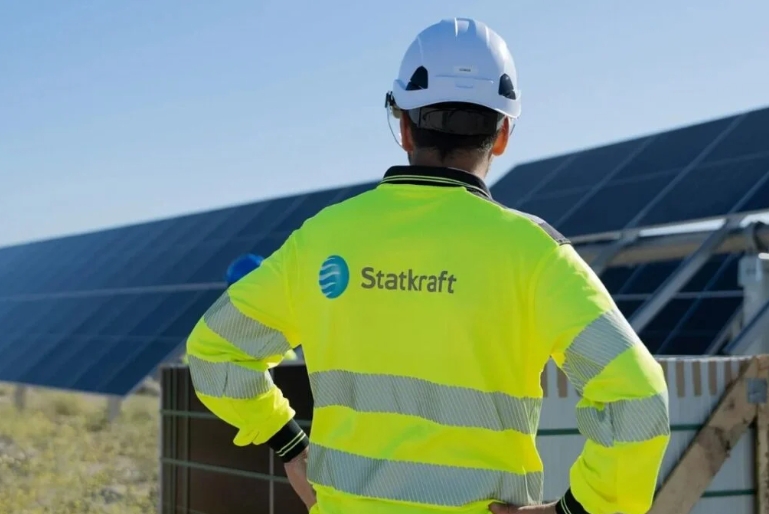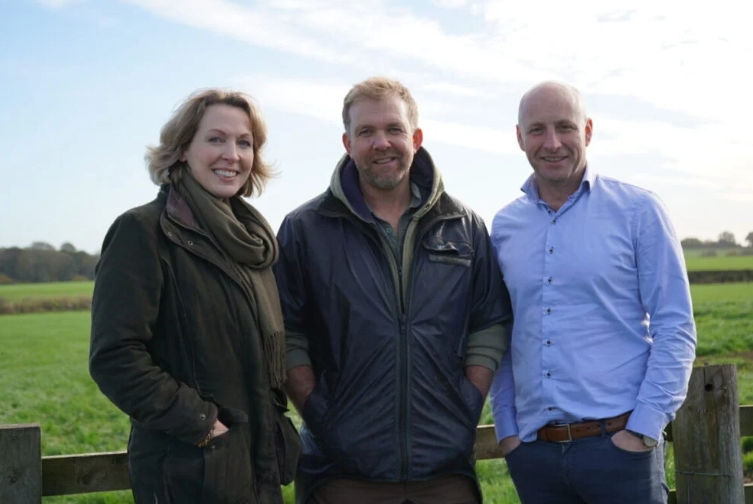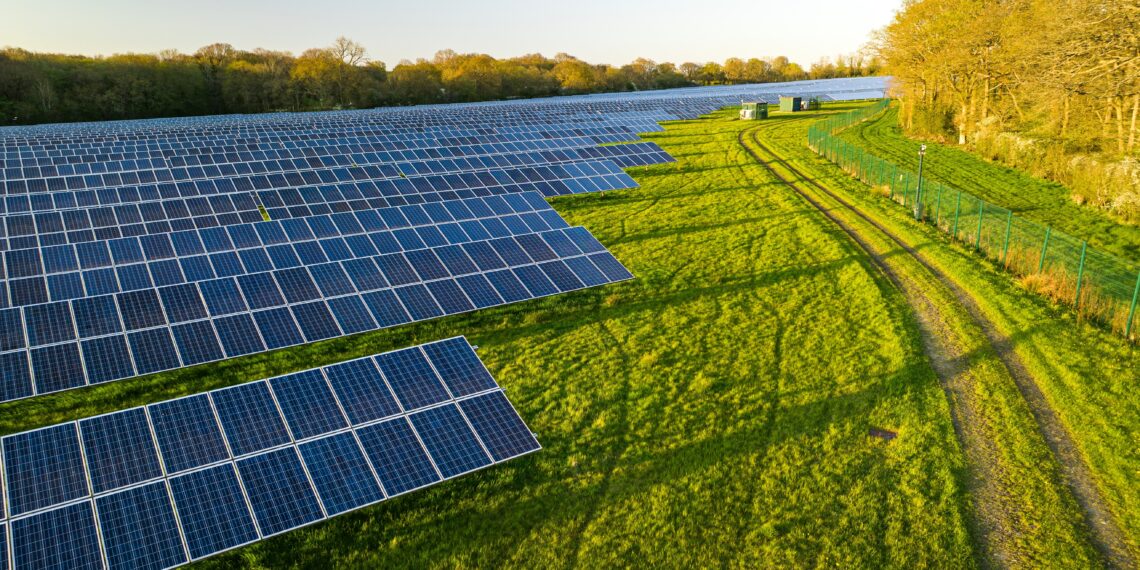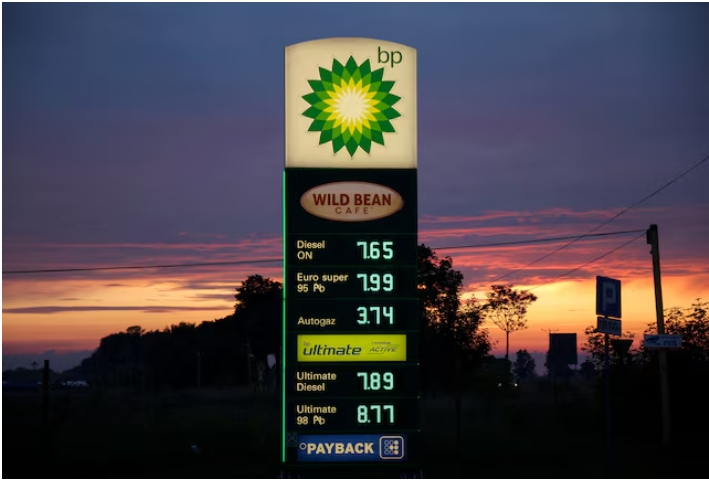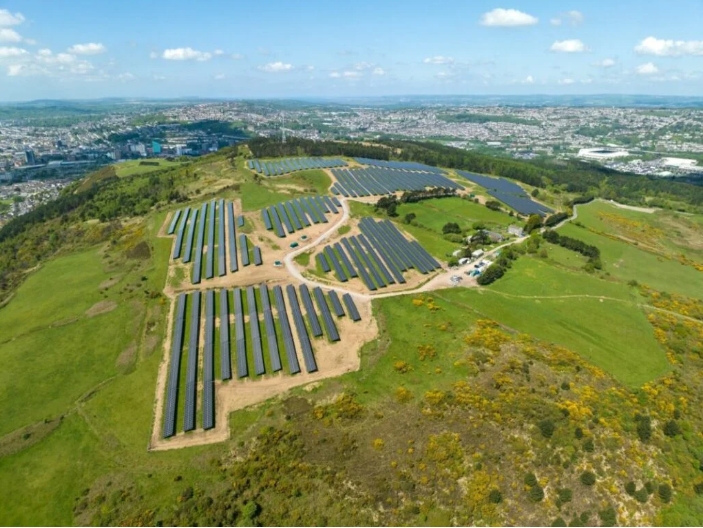
Renewable energy developer Innova has revealed that earlier this year it received planning consent from Staffordshire Moorlands District Council to expand its solar and energy storage project, Blythe Solar Farm.
Extension plans will see an additional solar array increase the development’s solar capacity by 16.6MW, bringing its total approved capacity to 44.3MWp of solar, alongside a 30MW battery energy storage system (BESS). The initial consented application for the 27.7MW solar PV and 30MW energy storage project received unanimous planning approval in February 2023.
Rob Parish, senior project manager at Innova, said the scheme is “on track” for energisation in 2027. He added: “The scheme […] will also make a significant contribution to Staffordshire Moorlands District Council’s target to be carbon neutral by 2030.”
Innova’s focus is on utility-scale renewable energy projects and the company has over 60 distribution network operator (DNO)- and transmission grid-connected sites under development in the UK, with a combined capacity over 18GW.
After signing a joint venture with ReneSola Power to develop a pipeline of utility scale solar projects in the UK in November 2020, Innova sold its portfolio of 57 commercial rooftop solar PV assets to an investment vehicle managed by Octopus Renewables.
Second approval for an Innova project
The company further shared that its 22MW solar development in Taunton, Ham Farm Solar Park, also received planning permission earlier this year. It was the second project for which Innova received planning permission from Somerset Council this year. Parish called the second approval “a fantastic outcome for Innova”.
The biodiversity strategy for the site achieves a Biodiversity Net Gain (BNG) of 19% for habitats and 16% for hedgerows on site—well above England’s mandatory 10% BNG requirement.
Combined with the other Somerset project, North Preston Solar Park, Innova’s Somerset portfolio will total 47MW.
At the beginning of this year, Innova secured planning consent for three solar projects, amounting to 61.5MW, across East Suffolk, Essex and Scotland. The Essex project, Parkgate Farm Solar Park, was consented despite some resistance from the district council.
According to Innova, the Braintree District Council could not progress and determine the planning application within the extended timeframes. Thus, after 18 months, the developer had to submit an appeal to the Planning Inspectorate against the non-determination of the application.
Following this, the council declared it had refused the farm due to “concerns around heritage and landscape impact”.
The appointed inspector agreed with Innova’s submission, which detailed that the “landscape and visual impact are contained to the site and its immediate local landscape” as well as that the limited impact on the setting of the listed building was “outweighed by the public benefits of generating renewable energy”.
Labour’s proposed changes to the National Planning Policy Framework (NPPF) state that renewable energy generation is “critical national policy” infrastructure, stating that “national security, economic, commercial and net zero benefits” tend to outweigh any impacts.
